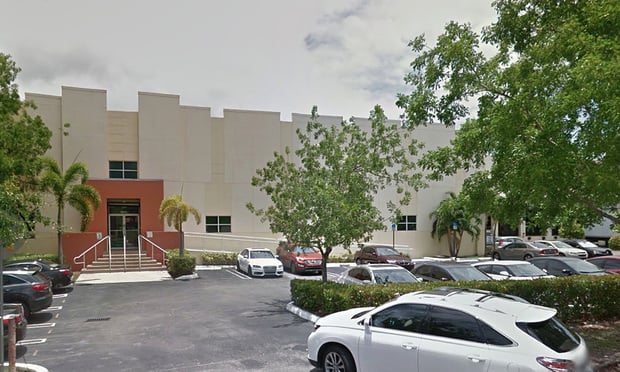PORT OF NEW YORK/NEW JERSEY- Industrial real estate specialists head into the holiday weekend expecting to hit a curve, in addition to a “cliff.” Whatever happens with the fiscal crisis pending on Tuesday, many believe the U.S. dock workers' union will follow through with a called strike on Sunday, raining hurt on struggling retailers and manufacturing.
“I think it is going to happen,” CBRE's William R. Waxman tells GlobeSt.com “I think people are prepared for a short amount of time by having brought in extra product. Companies may be somewhat prepared for a longer period of time, since some of their shippers took care to diversify the use of ports after the last shut-down, ten years ago.”
There have already been reports of companies – Target Corp. is one - making alternative plans in case the strike occurs.
“If the shutdown goes beyond a week, though,” says Waxman, an executive vice-president with his company, “it's going to be a huge issue, for all parties involved and the economy in general.”
Unloading of shipping containers will abruptly cease at 15 ports from the East Coast to the Gulf of Mexico if the 14,000 unionized longshoremen go out on Sunday. The Port of New York and New Jersey, the second-busiest in the country, will be shut barely two months after it was closed for six days in the aftermath of Hurricane Sandy. In the event of a strike, longshoreman will handle only military cargo, mail, and non-containerized items like cars.
“The only bright side is that the Port of New York/New Jersey is not being singled out,” says Michael McGuiness, executive director of NAIOP, the commercial real estate organization, in New Jersey. “We will not be losing jobs or business to sister ports south or north of here.”
“What we have to do is hope that perhaps we have somebody in Washington who will intervene, key people who will intervene to save some of those folks who are going to be in trouble.”
The president has the power to order workers back to the job for a “cooling-off” period if a contract dispute threatens the national economy or security, as George W. Bush did during the lockout of union workers at West Coast ports in 2002. Economists have estimated that each day of that lockout cost the U.S. economy $1 billion.
This week, after the National Retail Federation called on President Barack Obama to use any possible means to block the strike, he put pressure on dockworkers and shipping companies to find a way to agree on a contract extension, which would at least avert work stoppage at a time when the economy is already likely to be thrown into chaos if the “fiscal cliff” is not resolved. Democrats and Republicans have only a few days to agree on a deal that would thwart automatic tax hikes and severe cuts in federal spending taking effect as of Jan. 2.
The contract between the International Longshoremen's Association and the U.S. Maritime Alliance – which represents shipping and terminal operators and port associations – has already been extended once for 90 days. The union has said its members are opposed to an extension unless the companies drop a proposal to freeze the royalties workers are paid per container they unload. The Alliance claims that dock workers are well paid enough, saying they average $124,138 per year in wages and benefits.
Want to continue reading?
Become a Free ALM Digital Reader.
Once you are an ALM Digital Member, you’ll receive:
- Breaking commercial real estate news and analysis, on-site and via our newsletters and custom alerts
- Educational webcasts, white papers, and ebooks from industry thought leaders
- Critical coverage of the property casualty insurance and financial advisory markets on our other ALM sites, PropertyCasualty360 and ThinkAdvisor
Already have an account? Sign In Now
*May exclude premium content© 2024 ALM Global, LLC, All Rights Reserved. Request academic re-use from www.copyright.com. All other uses, submit a request to [email protected]. For more information visit Asset & Logo Licensing.








